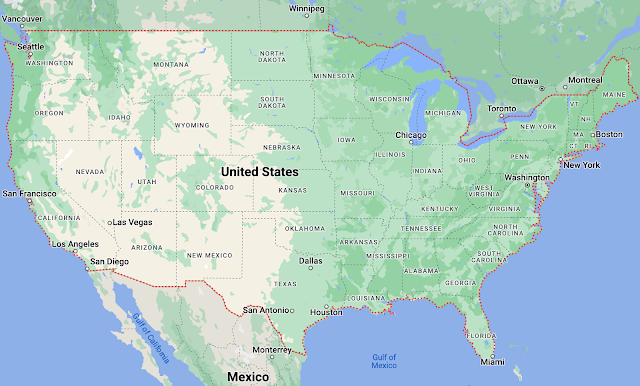Syllabus for Chemistry in U.S. Schools
Dear chemistry students, the specific syllabus in textbooks of chemistry in U.S. schools can vary depending upon the state, district, and grade level. However, there are some common topics that are covered in chemistry courses in U.S. high schools.
1. Introduction to Chemistry:
- Basic concepts and principles of chemistry.
- The scientific method and experimental techniques.
2. Atomic Structure:
- The periodic table and the periodicity of elements.
- Periodic Classification of elements.
3. Chemical Bonding:
- Types of chemical bonds (ionic, covalent, metallic).
- Lewis structures and VSEPR theory.
- Balancing chemical equations.
- Types of chemical reactions (e.g., synthesis, decomposition, combustion).
- Stoichiometry and molar relationships.
5. Chemical Kinetics and Equilibrium:
- Factors affecting reaction rates.
- Chemical equilibrium and Le Chatelier's principle.
6. Acids and Bases:
- Properties of acids and bases.
- Enthalpy, entropy, and Gibbs free energy.
- Thermochemical equations.
8. States of Matter:
- Properties of solids, liquids, and gases.
- Changes of state.
- Phase diagrams.
9. Solutions:
- Concentration units.
- Colligative properties.
- Factors affecting solubility.
10. Electrochemistry:
- Redox reactions.
- Electrolysis and electrochemical cells.
- Faraday's laws.
11. Organic Chemistry (basic introduction):
- Hydrocarbons and functional groups.
- Naming and structure of organic compounds.
12. Nuclear Chemistry (basic introduction):
- Nuclear reactions.
- Radioactivity and its applications.
13. Laboratory Skills:
- Hands-on experiments, data analysis, and safety procedures.
The depth and extent to which these topics are covered may vary from one school or district to another school or district. Additionally, some of the high school chemistry courses may offer advanced or honors options, which cover these topics in greater detail. It's important to check with the specific school or district to get the most accurate and up-to-date information on their chemistry curriculum.
If you want to learn basic chemistry, then visit "School Chemistry" in the menu bar of this website. And if you want to learn advance chemistry then visit "College Chemistry" in the menu bar of this website. You can also visit "Learn More" drop down section in the menu bar to learn more about science and chemistry through different ways.


%20(1).png)
